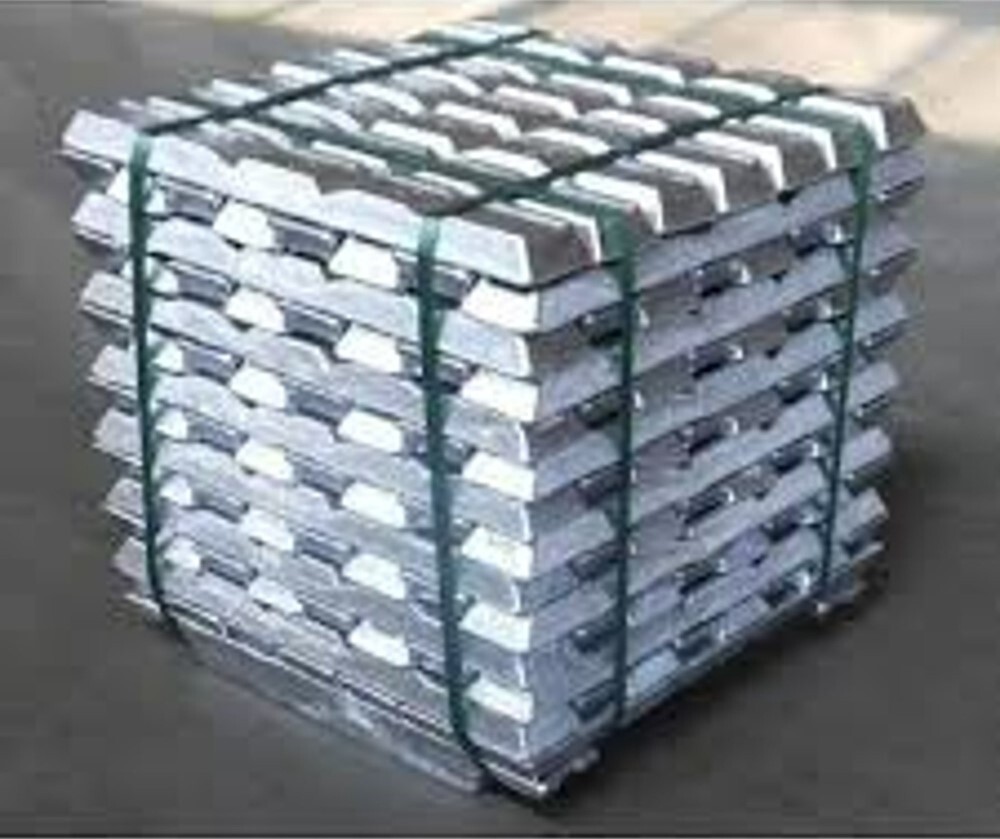

In mid-July, China's aluminium ingot prices remained stable, supported by elevated raw material costs and ongoing efforts to reduce inventory buildup. Despite increased motorcycle production and government subsidies driving the demand, overall market growth remained subdued due to seasonal slowdowns, export challenges and weaker order volumes. Meanwhile, in Japan, demand for high-purity ingots, particularly from the automotive and aluminium sectors, is providing market support.

Image source: IndiaMART
For the week ending July 11, 2025, aluminium ingot prices in China remained stable, marking consistent growth from the previous week. Rising raw material costs and a significant reduction in supply-side availability drove this trend.
On the supply front, weekly bauxite arrivals at domestic ports totalled 4.1175 million tonnes, reflecting a decline of 481,700 tonnes compared to the previous week. In contrast, imported bauxite volumes recorded an increase over the same period, indicating stronger inbound shipments.
Liquid aluminium volumes declined to 74.78 per cent, contributing to an increase in ingot casting activity. As of July 17, aluminium ingot inventory resumed its destocking trend, primarily driven by scheduled shipments and reduced arrivals. Earlier, on July 10, domestic aluminium ingot inventory was recorded at 466,000 tonnes, down by 12,000 tonnes from the beginning of the week.
In June, China's motorcycle production experienced a notable rebound, with a 1 per cent month-on-month increase, while sales rose by 4.79 per cent and 3.24 per cent respectively, further driving demand for aluminium ingots. This downstream growth was underpinned by broader economic momentum and newly introduced government subsidies aimed at stimulating higher consumption.
With July marked by subdued off-season demand, ongoing export challenges and sluggish order intake, the upward potential of the aluminium ingot market remains significantly constrained. Given the currently elevated price levels, undertaking cautious preparedness for potential downside risks in the near term is required, driven by the convergence of these adverse market factors.
In the Japanese market, aluminium ingot prices recorded a 1.76 per cent increase in mid-July, reflecting a shift in recent market dynamics. The price surge is primarily attributed to tightened supply conditions alongside growing demand from multiple downstream sectors.
In July, aluminium ingot prices in Japan will rise due to ongoing supply constraints, signalling continued inventory depletion. By the end of June, aluminium stocks across the three major Japanese ports stood at 316,700 tonnes, marking a 4.3 per cent month-on-month decline amid a period of restricted domestic supply.
Rising demand from sectors such as artificial intelligence (AI) and automotive continues to support aluminium ingot prices. In June 2025, Japanese car sales grew by 21.32 per cent month-on-month, reaching 393,160 units. Simultaneously, the rapid growth of AI is driving increased demand for high-purity aluminium foil, particularly for server capacitors that rely heavily on high-purity ingots. The expansion of the AI sector is expected to strengthen this segment further, fuelling the need for specialised aluminium products.
Responses








